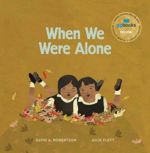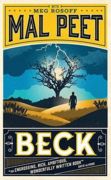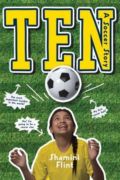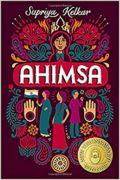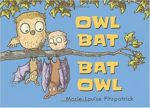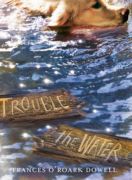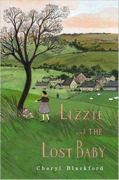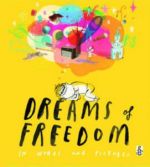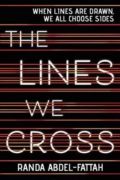
Michael’s parents are leaders of a new anti-immigrant political party called Aussie Values which is trying to halt the flood of refugees from the Middle East; Mina fled Afghanistan with her family ten years ago, and just wants to concentrate on fitting in and getting into college–but the mutual attraction they feel demands that they come to terms with their family’s concerns and decide where they stand in the ugly anti-Muslim politics of the time.

